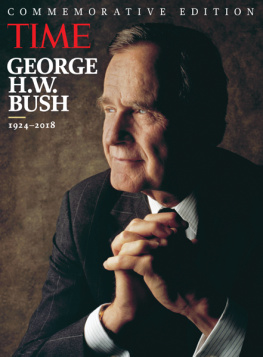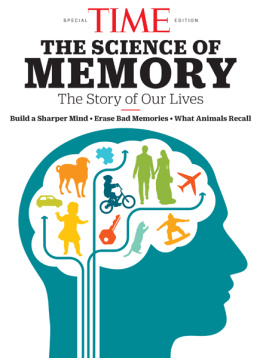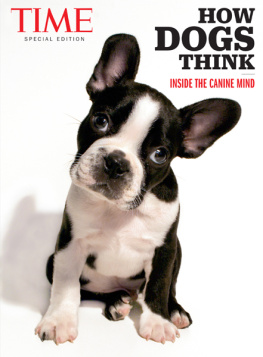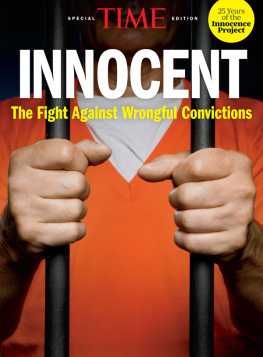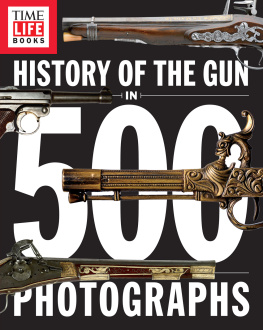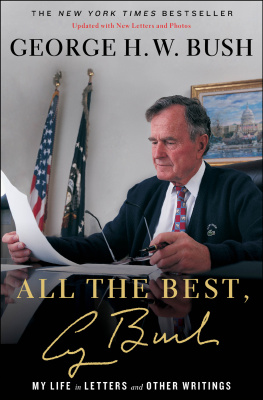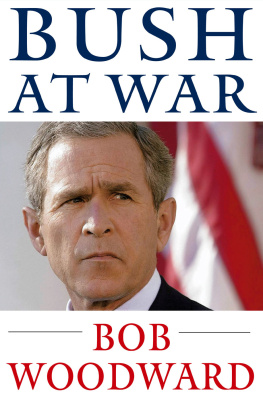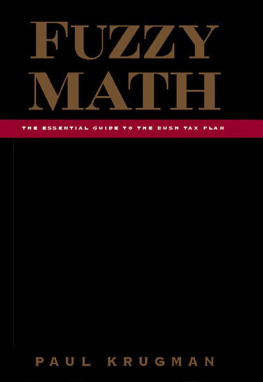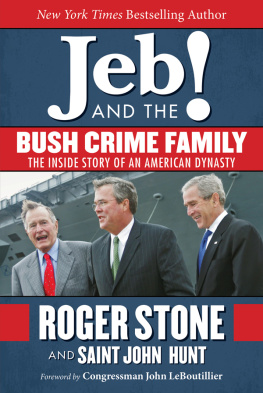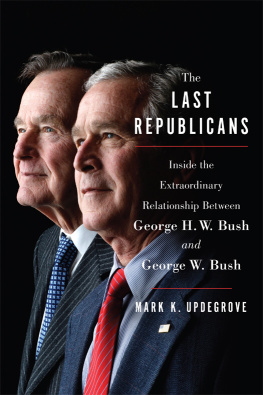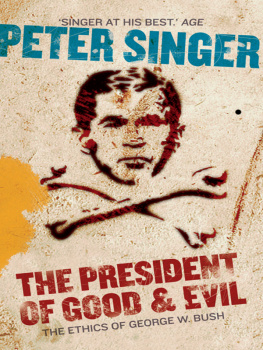The Editors of TIME - TIME George H.W. Bush: 1924-2018
Here you can read online The Editors of TIME - TIME George H.W. Bush: 1924-2018 full text of the book (entire story) in english for free. Download pdf and epub, get meaning, cover and reviews about this ebook. year: 2018, publisher: TIME, genre: Non-fiction / History. Description of the work, (preface) as well as reviews are available. Best literature library LitArk.com created for fans of good reading and offers a wide selection of genres:
Romance novel
Science fiction
Adventure
Detective
Science
History
Home and family
Prose
Art
Politics
Computer
Non-fiction
Religion
Business
Children
Humor
Choose a favorite category and find really read worthwhile books. Enjoy immersion in the world of imagination, feel the emotions of the characters or learn something new for yourself, make an fascinating discovery.
- Book:TIME George H.W. Bush: 1924-2018
- Author:
- Publisher:TIME
- Genre:
- Year:2018
- Rating:3 / 5
- Favourites:Add to favourites
- Your mark:
- 60
- 1
- 2
- 3
- 4
- 5
TIME George H.W. Bush: 1924-2018: summary, description and annotation
We offer to read an annotation, description, summary or preface (depends on what the author of the book "TIME George H.W. Bush: 1924-2018" wrote himself). If you haven't found the necessary information about the book — write in the comments, we will try to find it.
The Editors of TIME: author's other books
Who wrote TIME George H.W. Bush: 1924-2018? Find out the surname, the name of the author of the book and a list of all author's works by series.
TIME George H.W. Bush: 1924-2018 — read online for free the complete book (whole text) full work
Below is the text of the book, divided by pages. System saving the place of the last page read, allows you to conveniently read the book "TIME George H.W. Bush: 1924-2018" online for free, without having to search again every time where you left off. Put a bookmark, and you can go to the page where you finished reading at any time.
Font size:
Interval:
Bookmark:


GEORGE H.W. BUSH
19242018
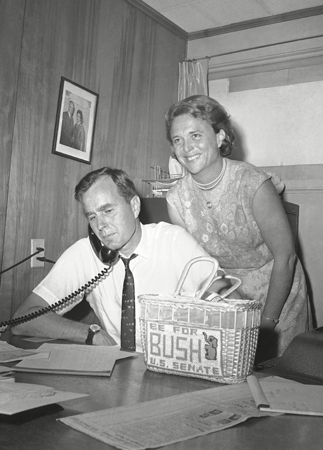
SENATE HOPEFULS George H.W. Bush and Barbara Bush at his headquarters in Houston, 1964
INTRODUCTION
THE LIFE HE LIVED. THE WORLD HE FORGED
By Jon Meacham
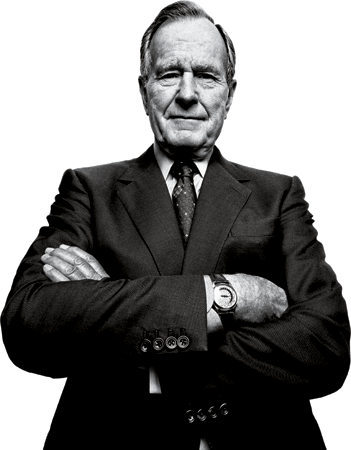
HE WANTED TO GO AS SOON AS HE HEARD. On the afternoon of Sunday, Dec. 7, 1941, George Herbert Walker Bushknown as Poppy to family and friendswas walking on the campus of Phillips Academy in Andover, Mass., when word came of the Japanese attack on Pearl Harbor. He was 17 years old. He longed to defend his countryright then, right away, no waiting around. Told he would have to turn 18 before he could enlist in the U.S. Armed Forces, a determined Bush explored the option of going to Canada to join the Royal Air Force. He was that ready to risk everything for a cause larger than himself.
And so there it all was, even in the beginning: a boundless energy and a hunger to serve; a thirst for adventure and a love of country. Six months later, on Friday, June 12, 1942, he marked his 18th birthday, he graduated from Andover, and he drove to Boston to be sworn in as a naval enlistee. From that day until his death more than 76 years later, George H.W. Bush served his country in sundry capacitiesincluding a notable term as president of the United States in an era of what he called a fascinating time of change in the world itself.
GEORGE H.W. BUSH WAS NOT A president largely in the tradition of the soldier-statesman Dwight D. Eisenhower, who said that his goal was to take America down the middle of the road between the unfettered power of concentrated wealth... and the unbridled power of statism or partisan interests.
Moderate in temperament, Eisenhower and Bush were both more traditionally conservative than many of their contemporaries understood, in the sense that they sought above all to conserve what was good about the world as they found it. For them, conservatism entailed prudence and pragmatism; they eschewed the sudden and the visionary.
History tends to prefer its heroes on horseback, at least figuratively: presidents who dream big and act boldly, bending the present and the future to their wills. There is, however, another kind of heroquieter, yes, and less glamorouswhose virtues repay our attention. Hero itself comes from the Greek word meaning to defend and to protect, and there is greatness in political lives dedicated more to steadiness than to boldness, more to reform than to revolution, more to the management of complexity than to the making of mass movements. So it was for Eisenhower, and so it was with Bush. Eisenhowers favorite motto, inscribed on a paperweight he kept on his desk in the Oval Office, was Gently in mannerstrongly in deed. Bushs life code, as he once put it in a letter to his mother, was Tell the truth. Dont blame people. Be strong. Do your Best. Try hard. Forgive. Stay the course. All that kind of thing. Simple propositionsdeceptively simple, for such sentiments are more easily expressed than embodied in the arena of public life.
Bush believed in the essential goodness of the American people and in the nobility of the American experiment. His understanding of the nation and the world seems antiquated now; it seemed so in real time, too, at least in the last year or so of his presidency. But there was nothing affected about Bushs vision of politics as a means to public service, of public service as the highest of callings. This visionof himself engaged in what Oliver Wendell Holmes called the passion and action of the timeswas as real and natural to him as the air he breathed. It was his whole world, and had been since his earliest days when he would watch his father come home from a day on Wall Street only to head back out to run the Greenwich Town Meeting. It was as simpleand as complicatedas that.
A formidable physical presencesix-foot-two, handsome, dominant in personGeorge H.W. Bush spoke with his strong, big hands, making fists to underscore a point, waving dismissively to deflect unwelcome subjects or to suggest that someone was, as he would put it, way out there, beyond the mainstream, beyond reason, beyond Bush. Television conveyed his lankiness, but not his athleticism, his grace, and his sturdiness. Bush was a master of what Franklin Roosevelt once called the science of human relationships, and his capacity to charmwith a handwritten note, a phone call, a quick email, a wink, a thumbs-upwas crucial to his success in public life and was an essential element of his soul.
A child of one generations ruling class, the head of anothers, and the father of yet a third, Bush led an epic life that ranged from the Gilded Age of railroad barons to the birth of Big Oil, from Skull and Bones to the tennis courts of the Houston Country Club, from Greenwich and Midland to Washington and New York to Baghdad and Beijing. He embodied two competing forces in American life after World War II: the global responsibilities of a vital atomic power in foreign affairs and the rise of the cultural right wing in domestic politicsforces that fundamentally shaped the second half of the 20th century and the first decades of the 21st.
How great is this country, Jeb Bush once said, that it could elect a man as fine as our dad to be its president? The remark came in private, without agenda; it so struck Laura Bush that she included the moment in the White House memoir she wrote after she and Jebs older brother, George W., left Washington in 2009.
As the years passed, Jebs sentiment became relatively common. The 41st president represented the twilight of a tradition of public service in Americaa tradition embodied by FDR, by Eisenhower, and by George H.W. Bush. My father was the last president of a great generation, George W. Bush said in accepting the Republican presidential nomination in 2000, eight years after his fathers defeat. A generation of Americans who stormed beaches, liberated concentration camps and delivered us from evil. Some never came home. Those who did put their medals in drawers, went to work, and built on a heroic scale... highways and universities, suburbs and factories, great cities and grand alliancesthe strong foundations of an American Century.
It was George H.W. Bush who quietly but unmistakably laid the foundations for the 21st. He brought the Cold War to a peaceful conclusion, successfully managing the fall of the Berlin Wall, the reunification of Germany, and the end of the Soviet Union without provoking violence from Communist bitter-enders. In the first Gulf War, Bush established that, on his watch, America would not retreat from the world but would intervene, decisively, when the global balance of power was in jeopardy.
On the home front, his 1990 budget agreement controlled spending and created the conditions for the elimination of the federal budget deficit under Bill Clinton. He negotiated the North American Free Trade Agreement; signed the Americans with Disabilities Act; and passed historic clean-air legislation.
His life was spent in the service of his nation, and his spirit of conciliation, common sense, and love of country will stand him in strong stead through the ebbs and flows of posteritys judgment. On that scorethat George H.W. Bush was a uniquely good man in a political universe where good men were hard to come bythere was bipartisan consensus a quarter century after his White House years.
Next pageFont size:
Interval:
Bookmark:
Similar books «TIME George H.W. Bush: 1924-2018»
Look at similar books to TIME George H.W. Bush: 1924-2018. We have selected literature similar in name and meaning in the hope of providing readers with more options to find new, interesting, not yet read works.
Discussion, reviews of the book TIME George H.W. Bush: 1924-2018 and just readers' own opinions. Leave your comments, write what you think about the work, its meaning or the main characters. Specify what exactly you liked and what you didn't like, and why you think so.

